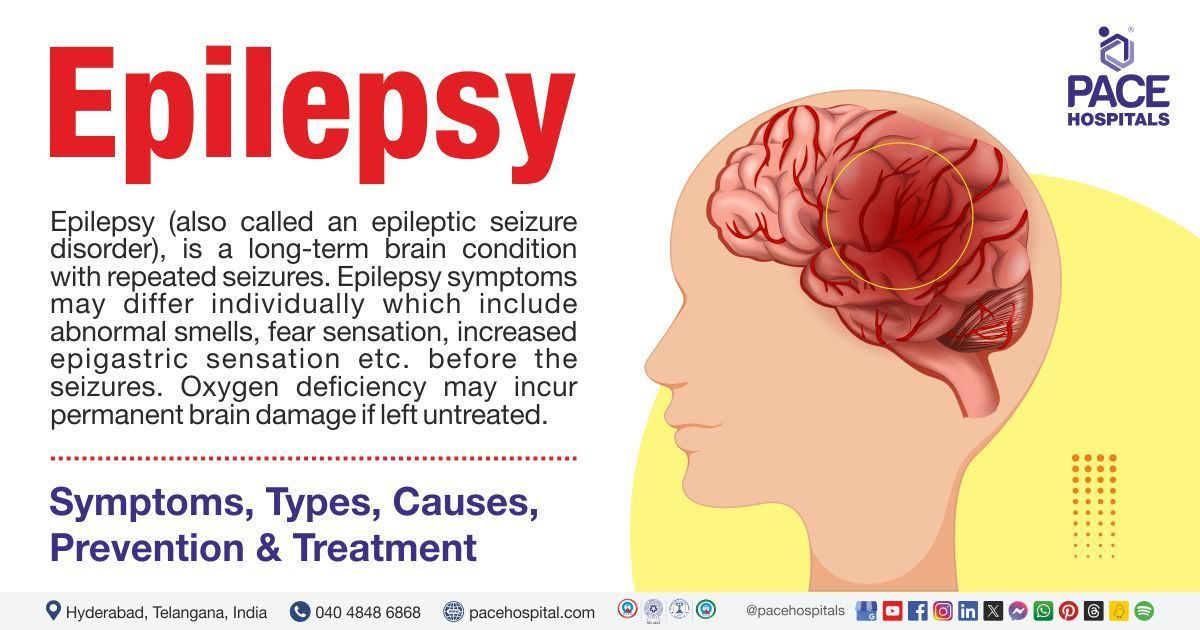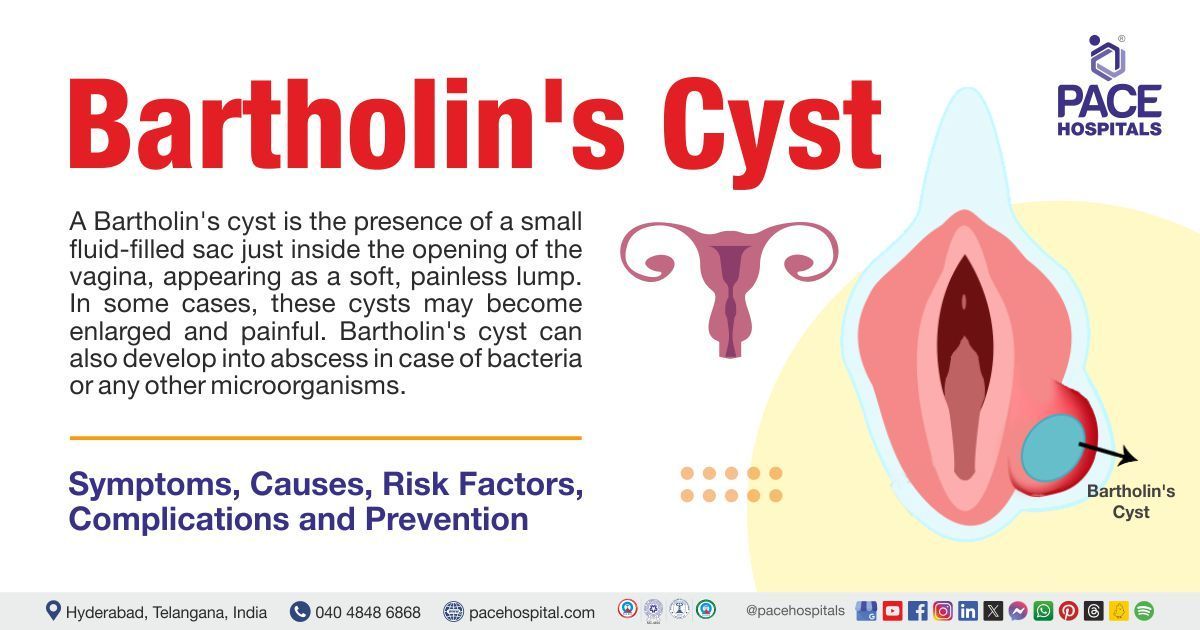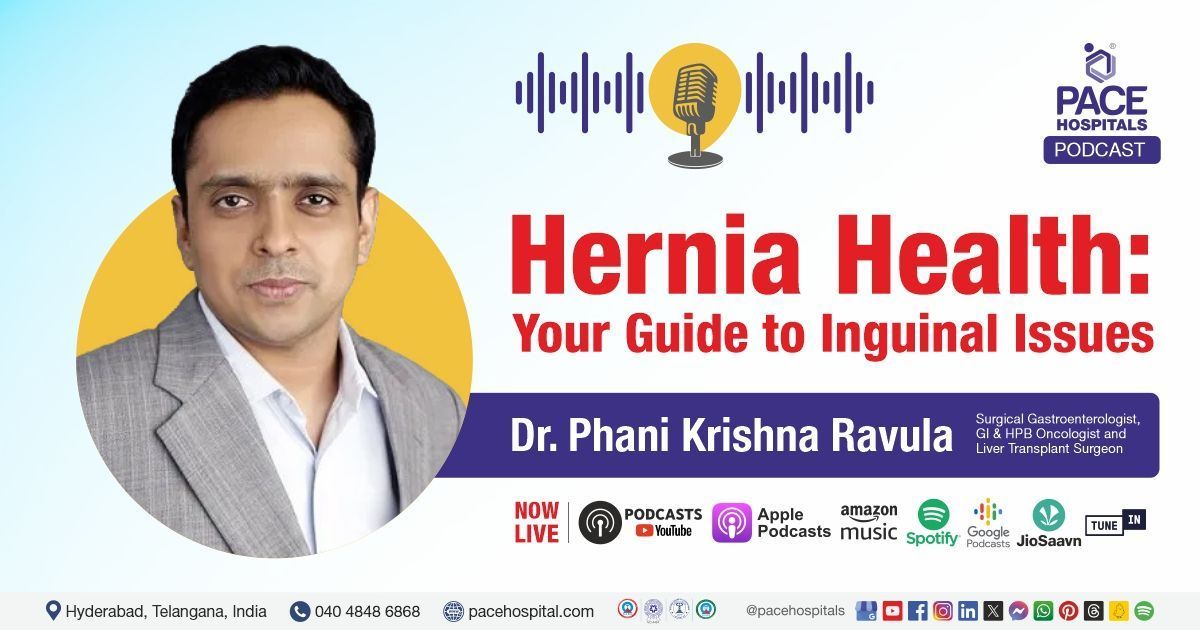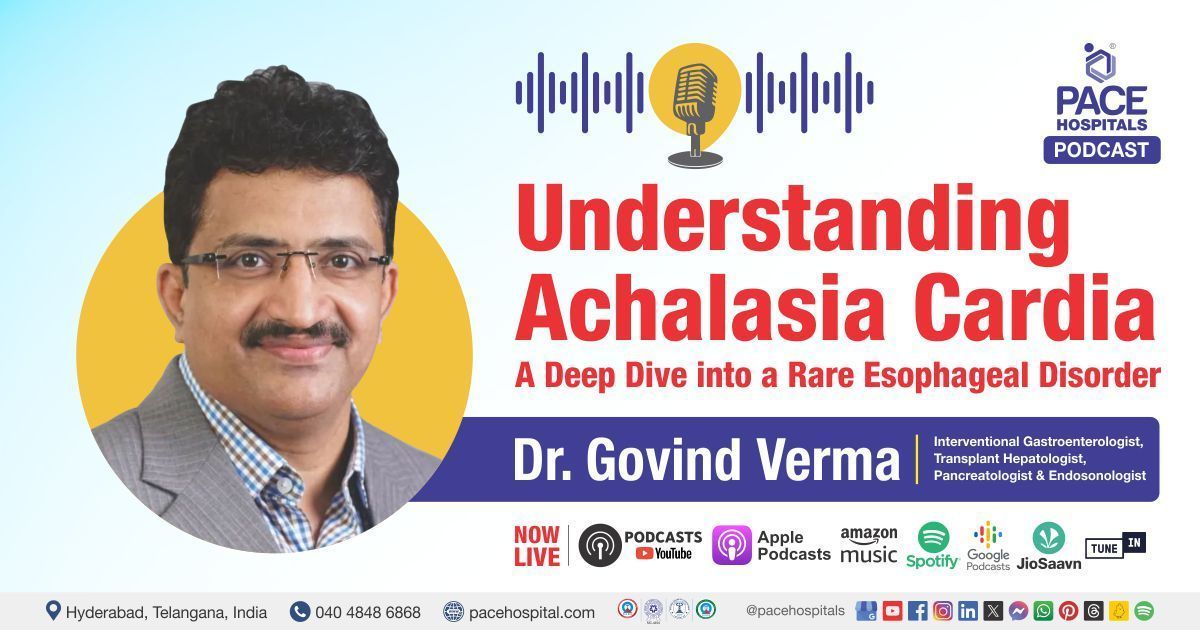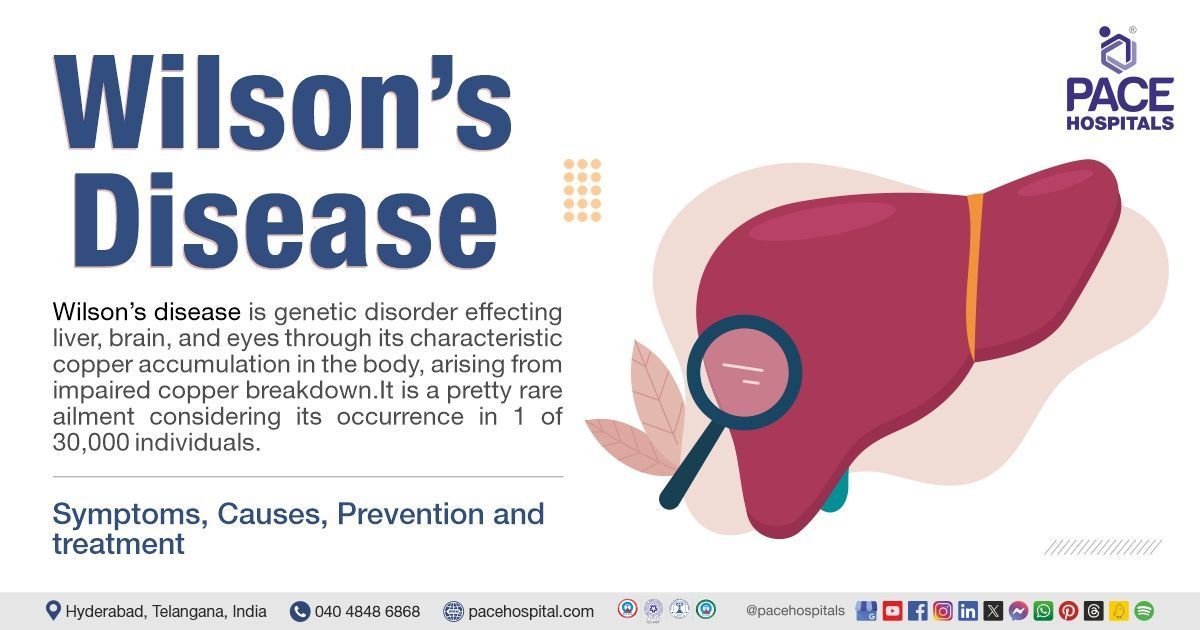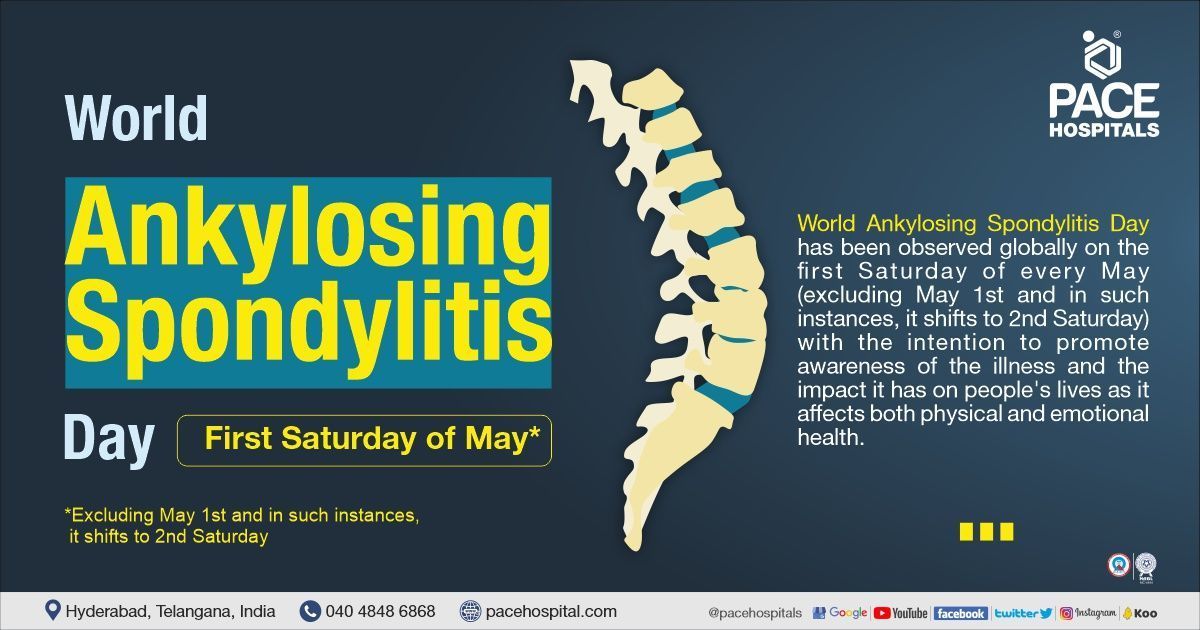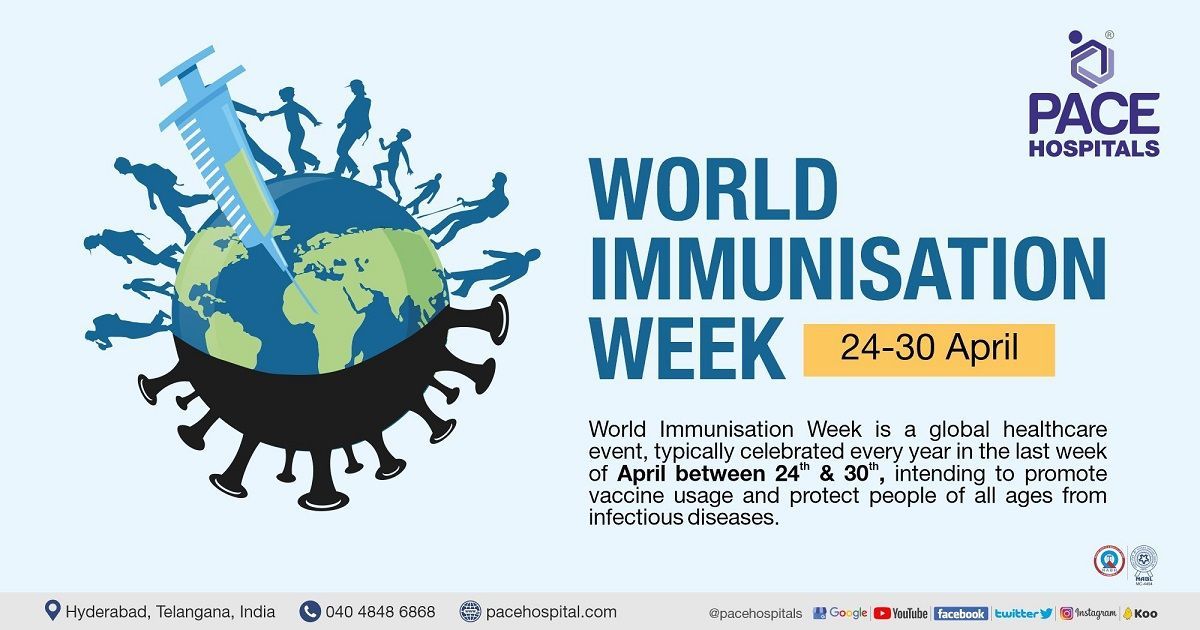Epilepsy Disease - Symptoms, Causes, Types, Treatment
Epilepsy disease (also called an epileptic seizure disorder) is a long-term brain condition with repeated seizures (also called fits - a sudden change of neurologic function due to neurons' excessive discharge). A single seizure is not treated as an epileptic seizure.
Epilepsy definition
The conceptual definition of epilepsy was formalised in 2005 by the international league against epilepsy (ILAE), an organisation founded in 1909 striving towards treating and limiting epilepsy.
Epilepsy is a disease of the brain having at least two (2) unprovoked (or reflex) seizures occurring >24 hours apart and one unprovoked (or reflex) seizure and a chance of further seizures same as the general recurrence risk (at least 60%) after two unprovoked seizures, occurring over the next ten years.
The definition of epilepsy plays a crucial role in the diagnosis and treatment of the ailment as it includes all the novel information apart from clearing confusion between epilepsy and seizures. Epilepsy is a common chronic neurological disorder with spontaneous recurrence of unprovoked seizures as the main symptom. Many factors, like the seizure type, family history of seizures, age at onset of seizures, and findings at physical examination, neurologic imaging studies, and electroencephalography (EEG), define epilepsy syndromes.
The frequency and type of seizures vary for different people. The abnormal jerky or trembling movements in the body due to abnormal neuronal activity are epileptic seizures that damage the brain or other body parts. Epileptic seizures cause emotional, behavioural, and neurological disturbances in patients.
Epilepsy is generally diagnosed after a person has had at least two seizures that were not caused by known medical conditions, like alcohol withdrawal or deficient blood sugar levels. Oxygen deficiency may incur permanent brain damage if left untreated. A neurologist can diagnose epilepsy through imaging tests and treat it with medicines or surgery.
Epilepsy meaning
Epilepsy came from the Greek word epilambanein, meaning "to be seized." It implies the magical thinking of that time that people with epilepsy were considered unclean or evil and created the stigma related to epilepsy.
Epilepsy prevalence worldwide
It is estimated that globally, 5 crore people live with epilepsy. Around one-sixth of this population, nearly 100–120 lakh people with epilepsy, reside in India.
Prevalence of epilepsy in India
According to various studies, it is estimated that the overall prevalence of epilepsy in India is 5.59-10 per 1000. According to a study conducted by Bharucha et al. in India, a more significant number of males are affected by epilepsy. The prevalence in males (5.1 per 1000) was significantly greater than in females (2.2 per 100).
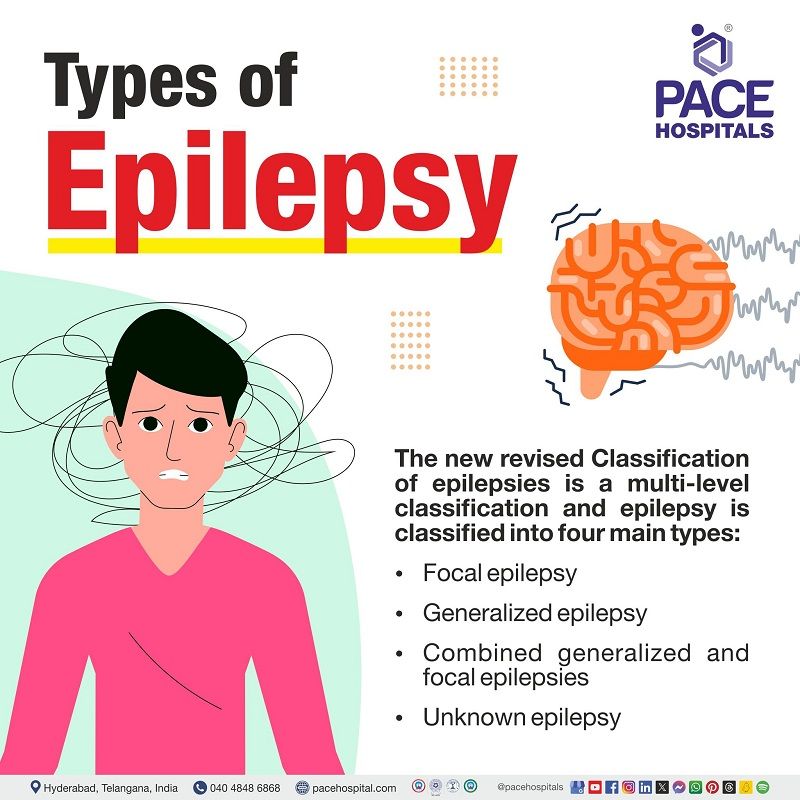
Types of epilepsy
The most recent classification model is the 2017 classification of seizures and epilepsies by the international league against epilepsy (ILAE), It helps patients, and their caregivers in easily understanding seizures that have both focal and generalized onset and include missing seizures. The revised epilepsy classification is a multi-level classification and is classified into four main types 1) focal, 2) generalized, 3) combined generalized and focal, and 4) unknown epilepsies.
- Focal epilepsy: Focal epilepsy includes seizures involving one hemisphere of the brain and acts unifocal and multifocal disorders. Focal epileptiform discharges can be seen in interictal EEG. Focal epilepsy includes epileptic disorders such as focal aware seizures, focal impaired awareness seizures, etc.
- Generalized epilepsy: Generalized spike-wave activity on EEG can be observed in patients with generalized epilepsy. Different types of seizures, including absence, myoclonic, atonic, tonic, and tonic-clonic seizures, may be seen in patients with generalized epilepsies.
- Combined generalized and focal epilepsy: This is a new group of epilepsy wherein patients experience both generalized and focal seizures. Both generalized spike-wave and focal epileptiform discharges may be seen in interictal EEG. This condition commonly occurs in infants or children with severe epilepsies.
- Unknown epilepsy: When there is no access to EEG or when EEG studies are uninformative, it cannot determine the type of focal or generalized epilepsy. Hence, it is termed as unknown epilepsy.
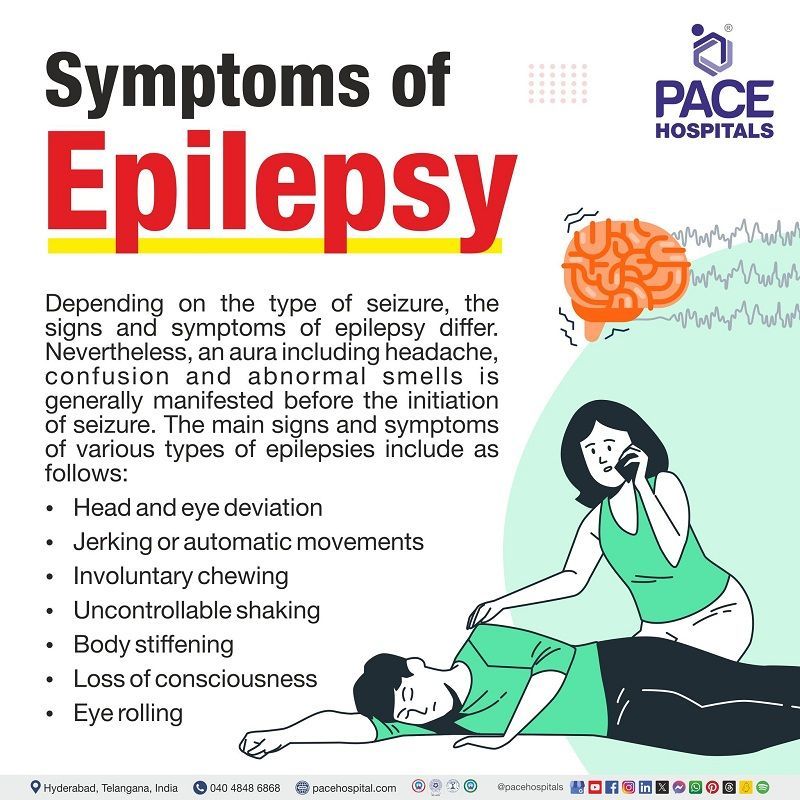
Epilepsy symptoms
Although epilepsy symptoms mainly consist of the generalized occurrence of seizures, there are several factors that differentiate epilepsy and seizure disorder. Epileptic seizures vary from person to person. Anyhow, it is quite common for an aura to manifest before the initiation of a seizure. Aura includes symptoms such as:
- Abnormal smells
- Fear sensation
- Increased epigastric sensation and
- Paraesthesia’s (abnormal sensation of the skin that can feel like tingling, numbness, burning or pricking)
The following are seen in the postictal state (a state that follows generalized onset seizures, which last from minutes to hours).
- Headache
- Confusion
- Deep sleep, and
- Muscle soreness
- Todd's paralysis (a transient neurologic deficit, usually weakness, of the limb opposite to the seizure focus)
Focal aware seizure symptoms: motor, sensory, or psychomotor symptoms can be seen.
Focal impaired awareness seizures; Oral automatisms (involuntary chewing or lip-smacking); limb automatisms (e.g., automatic purposeless movements of the hands), irrelevant sounds
- Head and eye deviation, usually in a direction opposite to the seizure focus.
- Bicycling or pedalling movements of the legs.
Motor symptoms can go away after 1 to 2 minutes, but confusion and disorientation may still occur for 1 or 2 minutes. Postictal amnesia (loss of memory) is common. Left temporal lobe seizures may cause verbal memory changes; right temporal lobe seizures may cause visual-spatial memory abnormalities.
- Generalized seizures symptoms: Patients may or may not lose consciousness, and Motor function is abnormal.
- Typical absence seizures symptoms: 0- to 30-second loss of consciousness with eyelid fluttering is seen. Axial muscle tone may or may not be lost.
- Atypical absence seizures symptoms: Jerking or automatic movements are more Prolonged, and the loss of awareness is less complete.
- Myoclonic absence seizures symptoms: Typically, these seizures last 10 to 60 seconds with rhythmic jerking of arms and shoulders (3 times/second). Impairment of consciousness may not be obvious.
- Eyelid Myoclonia: The patient shows myoclonic jerks of the eyelids and upward eye deviation.
- Atonic seizure symptoms: Include a brief, complete loss of muscle tone and consciousness.
- Clonic seizure symptoms: The sustained rhythmic jerking occurs in the body's limbs on both sides and often in the head, neck, face, and trunk.
- Myoclonic seizure symptoms: Brief, lightning-like jerks of a limb, several limbs, or the trunk, which may be repetitive, leading to a tonic-clonic seizure.
- Myoclonic-atonic seizure symptoms: The jerking of extremities or trunk briefly, then goes limp (drop attack).
- Absence seizure symptoms: Formerly known as petit mal. People with absence seizures stare unresponsiveness to external verbal stimuli, and sometimes they may have eye blinking or head nodding symptoms.
- Generalized Tonic Clonic (GTC) seizure symptoms: GTC seizure, formally known as grand mal, involves bilateral symmetric convulsive movements (stiffening and then jerking) of all limbs with impaired consciousness.
- Febrile seizure symptoms: Uncontrollable shaking, loss of consciousness, eye-rolling, and stiff limbs
- Tonic-clonic symptoms: Jerks, body stiffening, shakes, and loss of consciousness.
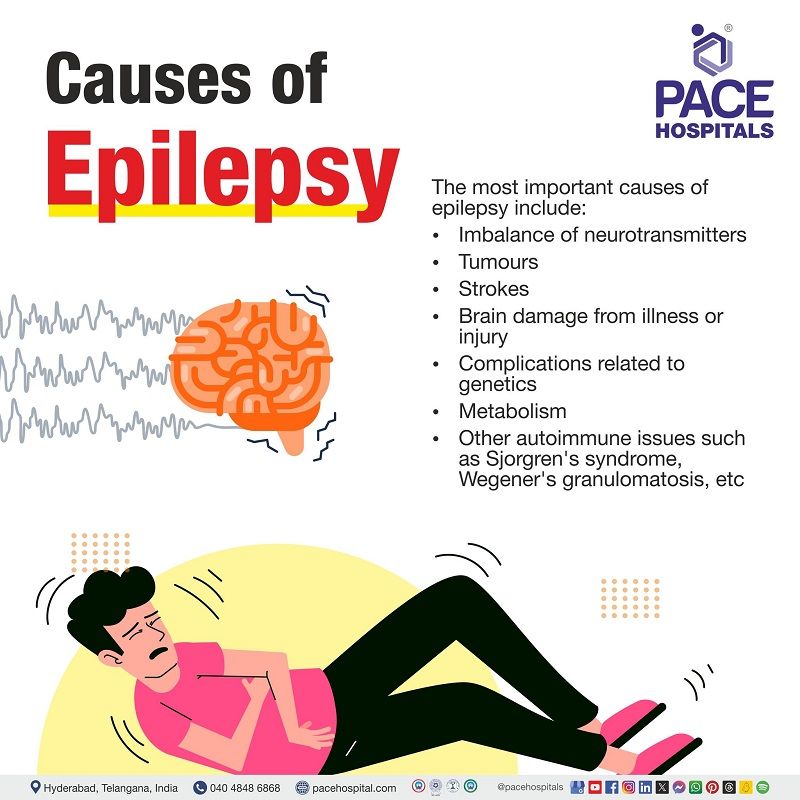
Epilepsy causes
The most important causes of epilepsy are the imbalance of neurotransmitters, tumours, strokes, brain damage from illness or injury, complications related to genetics, metabolism, and autoimmune issues.
In 1989, based on the etiology, the ILAE divided epilepsy into three groups. They are idiopathic, cryptogenic, and acquired.
- Idiopathic: Nearly 40% of the epilepsies in the world are idiopathic epilepsies. It is devoid of neurological signs and onset in childhood. Juvenile myoclonic epilepsy and Childhood absence epilepsy are some examples of idiopathic epilepsy.
- Cryptogenic epilepsies are likely to have a cause which can be difficult to identify. These days the term cryptogenic is discouraged as it conveys unclear implications. It is replaced with symptomatic epilepsies that include underlying conditions such as ischemic stroke, infections in the central nervous system, brain injury, prolonged symptomatic seizures intracerebral hemorrhage, and neurodegenerative diseases.
- Acquired epilepsy: These epilepsies may occur due to identifiable structural abrasions of the person’s brain, and may include structural brain abnormalities, which indicates presence of underlying disease or condition. It also involves congenital (a condition that exists at birth) and developmental disorders linked with cerebral pathological changes. The following are the other causes of acquired epilepsy:
- Cerebral tumours (a cancerous or non-cancerous mass or growth of abnormal cells in the brain)
- Cerebral trauma
- Cerebral infection
- Hippocampal sclerosis (loss of neurons and reactive astrocytosis and gliosis in hippocampus)
- Cerebrovascular disorders
- Cerebral immunological disorders
- Perinatal (the period when you become pregnant and up to a year after giving birth) and infantile.
Some conditions may be considered as acquired epilepsies including open-head surgery, viral meningitis, meningioma, cavernous haemangioma, and cerebral infarction
Epilepsy risk factors
Epilepsy may develop because of various conditions that disrupt normal brain activity. Risk factors for epilepsy in adults include:
- Brain tumours
- Head trauma
- Alcoholism or alcohol withdrawal
- Central nervous system (CNS) conditions, such as:
- Neurocysticercosis (a parasitic infection that causes cysts in the brain and spinal cord)
- Strokes, both embolic and haemorrhagic,
- CNS malignancies (cancer)
- Cerebral palsy (a group of neurological disorders that cause permanent movement and muscle issues)
- Brain inflammation or swelling
- Abnormal blood vessel formation (arteriovenous malformations) or bleeding in the brain.
- Infections such as meningitis, viral encephalitis, and HIV-related infections
- Alzheimer's disease, and other neurodegenerative conditions.
- Premature birth or low birth weight
- Heart attacks and other conditions which reduce oxygen levels in the brain
- Family history of epilepsy or fever-related seizures
Complications of epilepsy
Some of the epilepsy complications may be life-threatening and require prompt medical attention. Possible complications of epilepsy may include:
- Permanent damage to the brain: Lack of oxygen (stroke or other damage), can lead to permanent brain damage.
- Aspiration pneumonia: Seizure causes individuals to inhale food or saliva into the lungs, which further leads to aspiration pneumonia.
- Injuries: People may suffer injuries from falls, driving incidents, bumps, self-inflicted bites or while operating machinery during a seizure.
- Difficulty learning: individuals with epilepsy may face difficulty in learning.
- Side effects of medicines: People using antiepileptic medications may experience some side effects.
- Social and emotional problems: Particularly in children, epilepsy can cause social and emotional issues, and behavioural changes can be seen.
- During pregnancy: Epilepsy can cause severe congenital disabilities.
- Depression and anxiety: Epilepsy people may also have anxiety issues and depression.
- Status epilepticus (Which is a State of continuous seizure activity lasting more than five minutes) and (SUDEP) Sudden unexpected death in epilepsy are the other life-threatening complications of epilepsy that are not common.
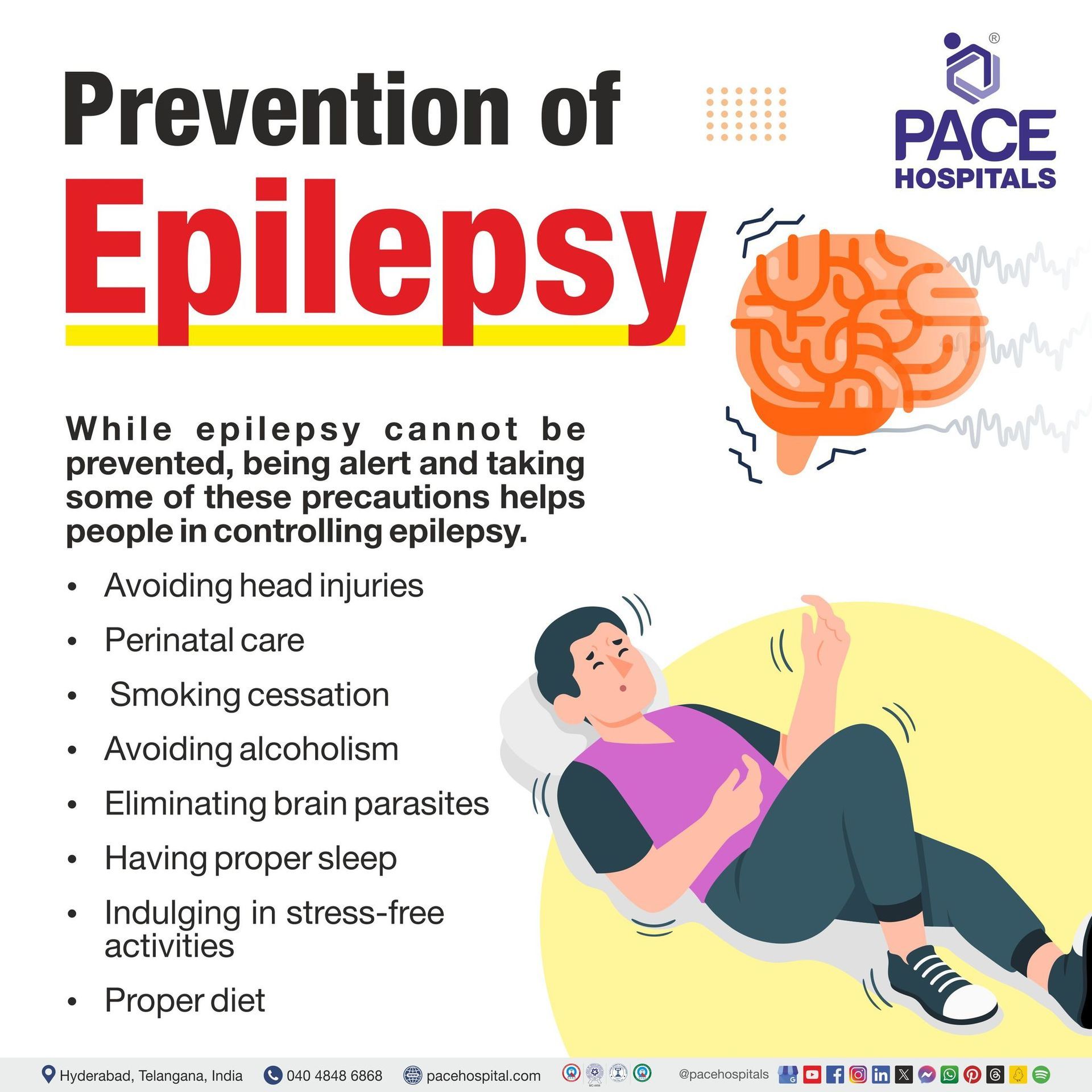
Epilepsy prevention
While Epilepsy cannot be prevented, being alert and taking some of these precautions helps people in controlling epilepsy.
- Preventing head injury: It is the most effective way to prevent post-traumatic epilepsy, for example, by reducing traffic accidents, reducing falls, and sports injuries.
- Perinatal care: To reduce new cases of epilepsy caused by birth injury, people can provide proper perinatal care (health of women and babies before, during, and after birth).
- Avoiding tobacco and excessive alcohol: Avoiding tobacco and excessive alcohol intake can prevent epilepsy.
- Reduction of cardiovascular risk: People must follow measures to prevent or control high blood pressure, diabetes, and obesity as they increase cardiovascular risk. Thereby, we can avoid epilepsy associated with stroke.
- Temperature control: Using the required drugs and methods to reduce the body temperature of a febrile child can reduce the risk of febrile seizures.
- Avoiding infections: Common causes of epilepsy in tropical areas are central nervous system infections. By avoiding them, people can overcome epilepsy.
- Eliminating parasites: Educating on how to avoid infections can be a better way to reduce epilepsy worldwide, such as cases due to neurocysticercosis.
- Smoking cessation: By avoiding smoking and the use of illegal drugs, epilepsy can be prevented.
- Stress free activities: By doing activities that can reduce stress, which helps in having enough sleep during the night.
- Proper medication adherence: Using antiepileptic drugs only as prescribed.
- Proper diet: Taking an appropriate, consistent diet and not skipping meals, mainly for diabetes, can prevent epilepsy.
Epilepsy diagnosis
Generally, it is quite challenging to diagnose epilepsy quickly because similar symptoms can be seen in migraine, fainting, and panic attacks; below are some of the tests to diagnose epilepsy
Blood tests
- Electroencephalogram (EEG)
- Computed Tomography (CT) scan
- Magnetic Resonance Imaging (MRI) scan
- Positron Emission Tomography (PET)
- Neuropsychological Assessment
- Intracarotid Memory and Speech Evaluation (Wada test)
Epilepsy treatment
- Nonpharmacological treatment for epilepsy: A special diet (ketogenic diet) that can help control seizures.
- Pharmacological treatment of epilepsy: Medicines called antiepileptic drugs (AEDs)
- Surgical management: Surgery to remove a small part of the brain that's causing the seizures.
- Interventional treatment: A procedure in which a small electrical device is inserted in the body that can help control seizures
Epilepsy vs seizure | Difference between seizure and epilepsy
Epilepsy is a brain disorder associated with repetitive seizures, whereas a seizure is a quick abnormal brain electrical activity that can cause temporary changes in behaviour and feelings. The symptoms of a single seizure are the same as those of epilepsy. However, there are some differences between the two:
| Parameters | Epilepsy | Seizure |
|---|---|---|
| Meaning | Epilepsy is a brain disorder associated with repetitive seizures, | Seizure is a quick abnormal brain electrical activity that can cause temporary changes in behaviour and feelings. |
| Events | Epilepsy causes recurrent seizures | Seizure is an individual event |
| Causes | Brain damage due to head trauma, damage due to a stroke, ruptured brain aneurysm, permanent damage due to meningitis or encephalitis, permanent damage due to a brain tumour | Head trauma, brain aneurysm, brain tumour, meningitis |
| Treatment | Some of them do not require antiseizure medication | Requires antiepileptic medication, and in some cases, surgery may also be required |
Epilepsy vs convulsion | Difference between epilepsy and convulsion
Convulsions involve uncontrollable shaking, whereas an epileptic seizure occurs due to a disturbance of electrical activity in the brain. The table below differentiates epilepsy from convulsion.
| Parameters | Epilepsy | Convulsion |
|---|---|---|
| Meaning | Epilepsy is a brain disorder associated with repetitive seizures, | Convulsion involves involuntary and rhythmic muscle contractions and relaxations |
| Symptoms | Convulsions, altered consciousness, staring spells, unusual movements. | Jerking or shaking movements of the body. |
| Causes | Brain damage due to head trauma, Damage due to a stroke, Ruptured brain aneurysm, Permanent damage due to meningitis or encephalitis, Permanent damage due to a brain tumour | Infection, head trauma, and some drugs |
| Appropriate test | Electroencephalogram (EEG) | Medical history, blood tests etc |
FAQs - Frequently asked questions on epilepsy
-
What is epilepsy?
Epilepsy disease (also called an epileptic seizure disorder) is a long-term brain condition with repeated seizures (also called fits - a sudden change of neurologic function due to neurons' excessive discharge). A single seizure is not treated as an epileptic seizure.
-
Can Epilepsy be cured?
Available treatment options for epilepsy cannot cure epilepsy completely, but 70% of epilepsy people can manage epilepsy seizures with antiepileptic drugs (AEDs) and some by surgeries. There may be a risk of having another seizure.
-
Is epilepsy contagious?
No epilepsy is not contagious, and it cannot be transmitted from one person to another person. Although many underlying disease mechanisms can lead to epilepsy, the cause of the disease is not known yet in about 50% of cases worldwide.
-
What to do when epilepsy attacks?
When someone is suffering from an epilepsy attack, people need to stay calm and stay with the person, ensure their safety, and protect them from injury. Place something soft under their head, and tight clothing should be loosened. After the seizure, they should turn them on their side (if they have food or fluid in their mouth, turn them onto their side immediately).
Can epilepsy cause death?
In some rare conditions, epilepsy may cause death. It can be seen as sudden unexpected death in epilepsy (SUDEP), a condition in which causes sudden and unexpected death of an epilepsy patient without knowing the proper cause of death.
Can alcohol cause epilepsy?
Yes, alcohol can cause epilepsy. Heavy consumption of alcohol may increase the risk of having epilepsy by causing cerebral atrophy (i.e., shrinkage of brain tissue). Alcohol consumption is associated with epilepsy, and alcohol withdrawal can cause seizures but not epilepsy.
Can epilepsy be misdiagnosed?
Yes, epilepsy can be misdiagnosed. Many conditions like epilepsy, including first seizures, febrile seizures, nonepileptic events, eclampsia, meningitis, encephalitis, and migraine headaches. have similar symptoms. Hence, epilepsy can be challenging to diagnose correctly.
What causes juvenile myoclonic epilepsy?
Sleep deprivation, anxiety, alcohol intake, emotional stress, and fatigue are some of the causes of juvenile myoclonic epilepsy. Flickering lights can also increase seizures for some people. Some female patients get seizures during their periods, too.
Does epilepsy affect pregnancy?
Yes, epilepsy can affect pregnancy. Epilepsy women are more likely to have irregular menstrual cycles, polycystic ovary syndrome (PCOS), infertility, and abnormalities in hormones involved in pregnancy, which makes conceiving challenging.
Can epilepsy be cured by surgery?
No, epilepsy cannot be completely cured by surgery. Epilepsy surgery may provide relief when medications either cannot control seizures or cause unmanageable side effects. Epilepsy surgery can help stop or reduce the number of seizures.
How to prevent epilepsy?
Epilepsy can be prevented by avoiding alcohol, tobacco, and smoking, preventing head injuries, getting enough sleep during the night, having a proper, consistent diet, using antiepileptic drugs only as prescribed, and indulging in activities that can reduce stress.
Request an appointment
Fill in the appointment form or call us instantly to book a confirmed appointment with our super specialist at 04048486868
Appointment request - health articles
Thank you for contacting us. We will get back to you as soon as possible. Kindly save these contact details in your contacts to receive calls and messages:-
Appointment Desk: 04048486868
Whatsapp: 8977889778
Regards,
Pace Hospitals
Hitech City and Madinaguda
Hyderabad, Telangana, India.
Oops, there was an error sending your message. Please try again later. We will get back to you as soon as possible. Kindly save these contact details in your contacts to receive calls and messages:-
Appointment Desk: 04048486868
Whatsapp: 8977889778
Regards,
Pace Hospitals
Hitech City and Madinaguda
Hyderabad, Telangana, India.

Our Locations
Subscribe to our newsletter and stay updated with the latest health information.
By clicking on subscribe now, you accept to receive communications from PACE Hospitals on email, SMS and Whatsapp.
Subscribe to PACE Hospitals News
Thank you for subscribing. Stay updated with the latest health information.
Oops, there was an error. Please try again submitting your details.
-

Payment in advance for treatment (Pay in Indian Rupees)
For Bank Transfer:-
Bank Name: HDFC
Company Name: Pace Hospitals
A/c No.50200028705218
IFSC Code: HDFC0000545
Bank Name: STATE BANK OF INDIA
Company Name: Pace Hospitals
A/c No.62206858997
IFSC Code: SBIN0020299
Scan QR Code by Any Payment App (GPay, Paytm, Phonepe, BHIM, Bank Apps, Amazon, Airtel, Truecaller, Idea, Whatsapp etc)
Call us at 04048486868
ADDRESS
PACE Hospitals
Hitech City : Beside Avasa Hotel, Pillar No. 18, Hyderabad - 500081
Madinaguda: Mythri Nagar, Beside South India Shopping, Madinaguda, Hyderabad - 500050
QUICK LINKS
Disclaimer
General information on healthcare issues is made available by PACE Hospitals through this website (www.pacehospital.com), as well as its other websites and branded social media pages. The text, videos, illustrations, photographs, quoted information, and other materials found on these websites (here by collectively referred to as "Content") are offered for informational purposes only and is neither exhaustive nor complete. Prior to forming a decision in regard to your health, consult your doctor or any another healthcare professional. PACE Hospitals does not have an obligation to update or modify the "Content" or to explain or resolve any inconsistencies therein.
The "Content" from the website of PACE Hospitals or from its branded social media pages might include any adult explicit "Content" which is deemed exclusively medical or health-related and not otherwise. Publishing material or making references to specific sources, such as to any particular therapies, goods, drugs, practises, doctors, nurses, other healthcare professionals, diagnoses or procedures is done purely for informational purposes and does not reflect any endorsement by PACE Hospitals as such.

